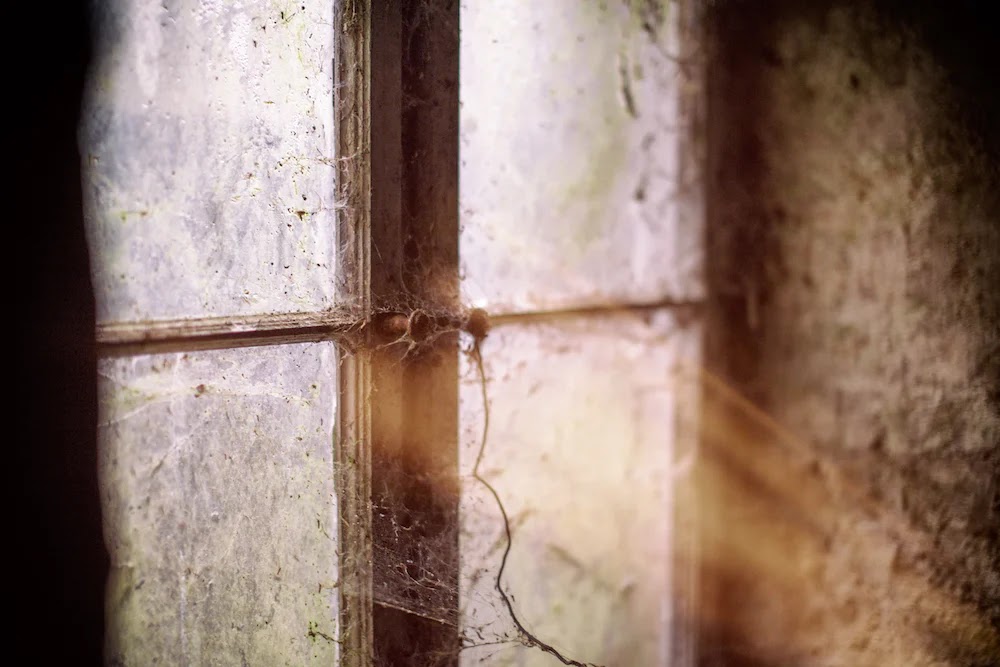Home
Unlabelled
State THREE ways in which a filthy living environment could negatively impact the general wellbeing of those living in it.
State THREE ways in which a filthy living environment could negatively impact the general wellbeing of those living in it.
- Increased risk of illnesses and infections: Living in a filthy environment can expose individuals to harmful bacteria, viruses, and other pathogens that can cause various illnesses, such as respiratory infections, gastrointestinal diseases, and skin infections. This can lead to frequent sickness and weakened immune systems, which can further deteriorate one's health and wellbeing.
- Mental health problems: A cluttered and dirty living space can also negatively affect one's mental health. Studies have shown that living in a messy and disorganized environment can increase stress levels and feelings of anxiety and depression. Additionally, the feeling of being overwhelmed by a dirty environment can also contribute to a sense of helplessness and hopelessness.
- Physical hazards: A filthy living environment can pose physical hazards that can lead to injuries and accidents. For example, cluttered spaces can increase the risk of tripping and falling, while mold and mildew growth can cause respiratory problems and allergic reactions. In extreme cases, vermin infestations and structural damage can pose significant dangers to the health and safety of individuals living in the environment.






No comments
Post a Comment